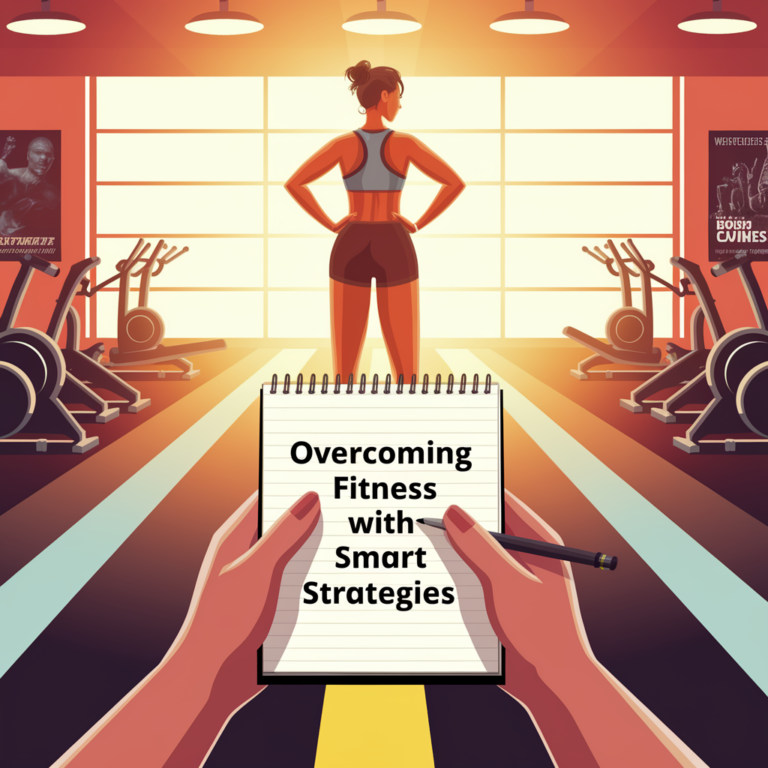Game Changers: The Impact of Emerging Sports on Global Culture
You know, I was sitting in my living room the other day, channel surfing, when I stumbled upon a clip of a drone racing competition. Yes, you read that right—drones racing. I sat there, mouth agape, wondering how on earth I had missed this new wave of sport. And then it hit me: this wasn’t just a passing fad; it was an entire culture of gamers, tech geeks, and adrenaline junkies blending into something entirely new. Watching them navigate the virtual courses with precision, I couldn’t help but think about the broader implications of these emerging sports. How do they change our global culture? And, oh boy, is that a question worth diving into!
The Evolution of Sport
From the ancient Olympic games in Greece, where athletes competed for olive wreaths, to the modern-day spectacle of the World Cup, sports have always been a reflection of society’s values and interests. But here’s where it gets interesting: as technology advances and our lifestyles shift, so do our sporting interests. Think about it—how many of us are actually playing traditional sports like baseball or basketball compared to the rise of esports or parkour? (I mean, I haven’t picked up a baseball bat since high school, and that was *ahem* a while ago.)
Emerging sports like esports, drone racing, and even pickleball (yes, pickleball!) are not just quirky pastimes; they’re reshaping our global culture in ways we might not fully appreciate yet. So, let’s unpack this phenomenon, shall we?
Esports: The New Frontier
Esports, in particular, is a juggernaut that’s impossible to ignore. According to recent stats, the global esports audience is projected to hit over 600 million by 2025. I mean, that’s more viewers than the Super Bowl attracts! If you’ve ever watched a live stream on Twitch, you know the electric atmosphere. Gamers aren’t just playing in their basements anymore; they’re filling stadiums, sporting team jerseys, and even being sponsored by massive brands (what’s next, a gamer on the cover of GQ?).
But what’s fascinating is how esports is creating a new kind of community. Traditionally, sports have been about physical prowess and teamwork, but in the realm of esports, it’s all about strategy, reaction time, and sometimes, sheer luck. As a former couch potato (okay, I still am), I love how it brings people together—whether you’re at a tournament or simply watching your favorite streamer whip through the latest game. It’s like the new pub, where no one judges your choice of snack (and let’s be honest, it’s probably a bucket of chips).
The Rise of Adventure Sports
Then we have adventure sports. I remember once watching a documentary about BASE jumping (crazy, right?), and I thought, “Who in their right mind would leap off a cliff with a parachute?” But clearly, there’s a growing community of thrill-seekers who are pushing the boundaries of what we consider sport. From rock climbing competitions to extreme mountain biking, these sports are not just about individual feats of strength; they’re increasingly becoming about shared experiences and pushing limits. And let’s face it, there’s a certain allure to watching someone dangle off a cliff while I sit comfortably on my couch, snack in hand.
Adventure sports also have this beautiful way of connecting people to nature (which is something we desperately need more of in our tech-heavy lives). They inspire a sense of adventure that’s often missing in our daily routines. I mean, how many of us are going on spontaneous hikes or trying out kayaking for the first time? (I confess, I’ve only ever kayaked on a local lake, but I dream of whitewater adventures… one day!)
Unconventional Sports: Enter the Quirky
And let’s not forget about the quirky sports that are popping up everywhere. Have you ever heard of cheese rolling? Yes, it’s a thing! People chase a giant wheel of cheese down a hill in Gloucestershire, England. It’s ridiculous, hilarious, and a great example of how sports can be just plain fun. Or take a look at pickleball—an amalgamation of tennis, badminton, and ping-pong that has taken off remarkably. It’s like the cool, laid-back cousin of traditional sports, attracting all ages. (Seriously, my grandma plays pickleball, and she’s got *mad* skills.)
These unconventional sports are redefining what it means to compete. They break down barriers, inviting people who might not typically engage in traditional sports. It’s all about inclusivity and just having a good time. Plus, who doesn’t love a good laugh when someone takes a tumble while trying to catch a rogue cheese wheel?
Globalization and Cultural Exchange
So, how do these emerging sports impact global culture? Well, it’s all about globalization and cultural exchange. With the rise of the internet and social media, sports are no longer confined to geographic boundaries. I mean, who would have thought that a kid in a small town in Iowa could watch a drone racing event happening in Japan? (Remember when we had to wait for highlights on VHS? Kids today have it *so* easy.)
These emerging sports also create a cultural dialogue. For instance, as esports exploded in popularity in South Korea, it influenced fashion, music, and even social behaviors. Suddenly, gamers became celebrities—trendsetters who influenced everything from hairstyles to streetwear. (I still can’t decide if I love or hate the neon hair colors that seem to be everywhere these days.)
But let’s take a moment to recognize the cultural richness these sports bring. Take rugby or cricket, for instance. They’re not just games; they’re a huge part of the cultural identity in many countries. As these sports spread globally, they carry with them local customs, traditions, and even rivalries. It’s this beautiful tapestry of culture that makes watching sports such a rich experience.
Inclusivity and Community
Another significant impact of emerging sports is inclusivity. Many of these new sports are more accessible than traditional ones. For example, adaptive sports like wheelchair basketball and sitting volleyball are gaining traction and offering opportunities for athletes with disabilities to compete at high levels. It’s a heartwarming development that reminds us of the power of sports to unite and uplift.
Moreover, sports like ultimate frisbee have a built-in culture of inclusivity and respect. You don’t just play; you also uphold a code of conduct, emphasizing fair play and sportsmanship. (I’ve heard stories of players stopping mid-game to help a fallen opponent—talk about class!) This shift towards a more community-oriented approach in emerging sports is something worth celebrating.
The Role of Technology
Now, we can’t have a conversation about emerging sports without addressing the role of technology. It’s like the secret sauce that makes everything more exciting. Drones, VR headsets, and even social media platforms are changing how we experience sports. I mean, how many of you have watched a game in virtual reality? It’s mind-blowing! You can feel like you’re right there on the field (and maybe a little too close to the action). But it’s not just about spectator experience; technology is also enhancing training methods and performance analytics.
Take esports, for example. Players use data analytics to inform their strategies and improve their skills. It’s like having a personal coach who never sleeps! This level of analysis hasn’t been seen in traditional sports until recently, and it’s fascinating to watch the evolution. (I can’t help but wonder what my high school gym teacher would think if he saw how scientific sports have become.)
The Future of Sports
As I think about the future, I can’t help but feel excited. Emerging sports are bringing fresh energy and creativity to the sporting world. They’re challenging traditional norms and inviting people from all walks of life to participate. I often wonder what the next big thing will be. Maybe it will be something like underwater basketball (hey, it could happen!), or perhaps an entirely new genre of sport that we can’t even fathom yet. After all, the beauty of sports is in their ability to evolve and adapt to changing times.
And here’s the kicker: with every new sport that emerges, there’s a ripple effect in our global culture. People are connecting, sharing experiences, and embracing differences. It’s a reminder that, at the end of the day, we’re all just trying to find joy, camaraderie, and a bit of fun in this wild ride called life.
Wrapping It Up
So, as we navigate through this ever-changing landscape of sports, let’s keep our minds open to the possibilities. Whether you’re a die-hard athlete or someone who prefers to cheer from the sidelines, there’s something undeniably exciting about the way emerging sports are shaping our world. Who knows, the next time you’re channel surfing, you might just stumble upon something that makes you sit up and say, “Wow, this is the future of sport!” (And I promise, I won’t judge you for watching cheese rolling.)
In the end, it’s about connection, culture, and the shared experiences that bring us together—one quirky sport at a time. Cheers to that!








